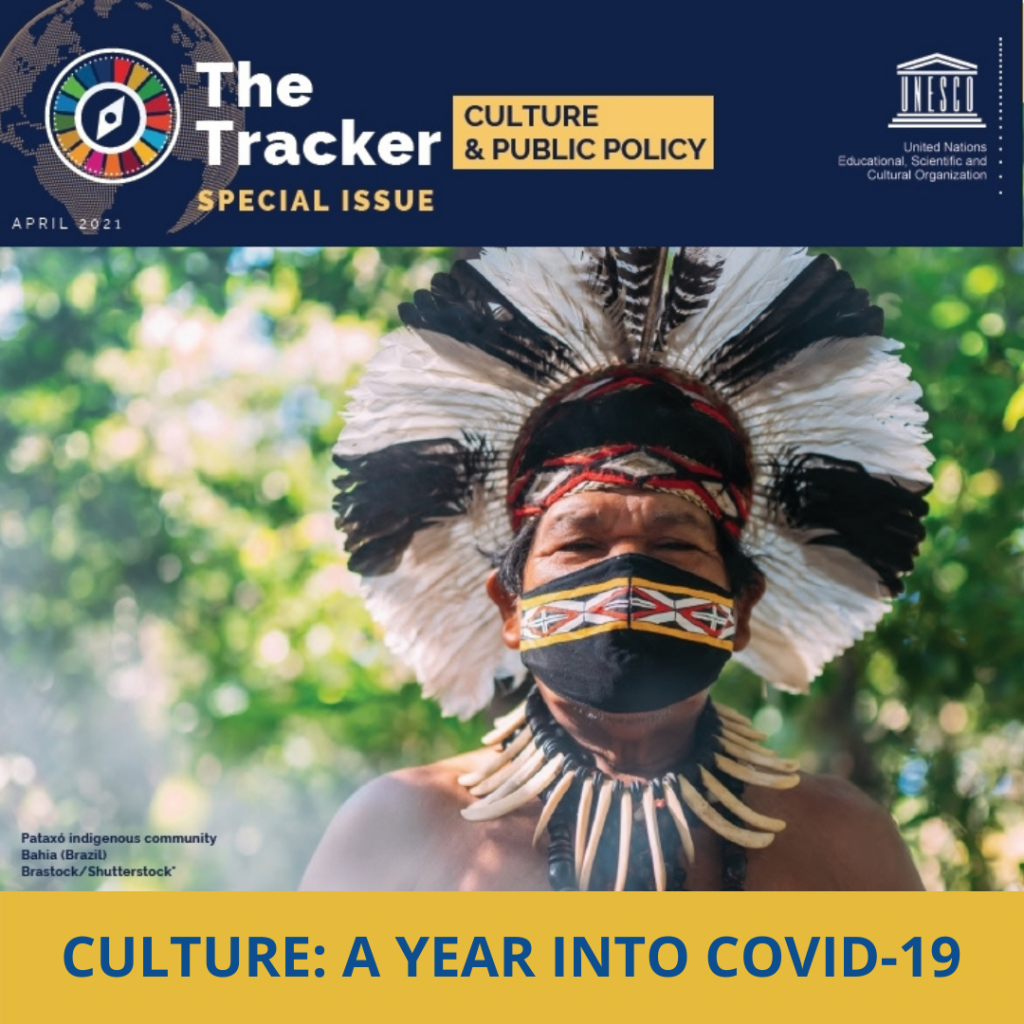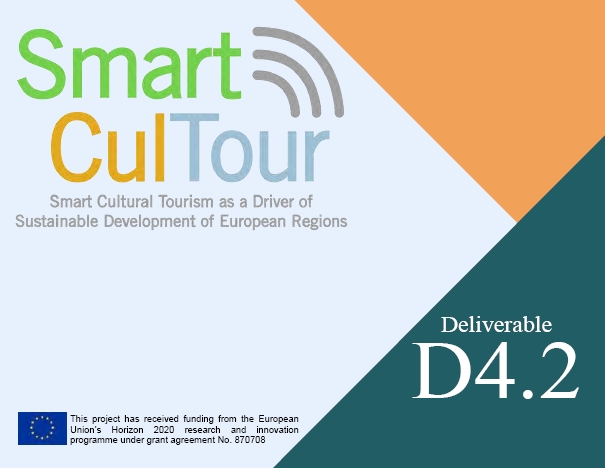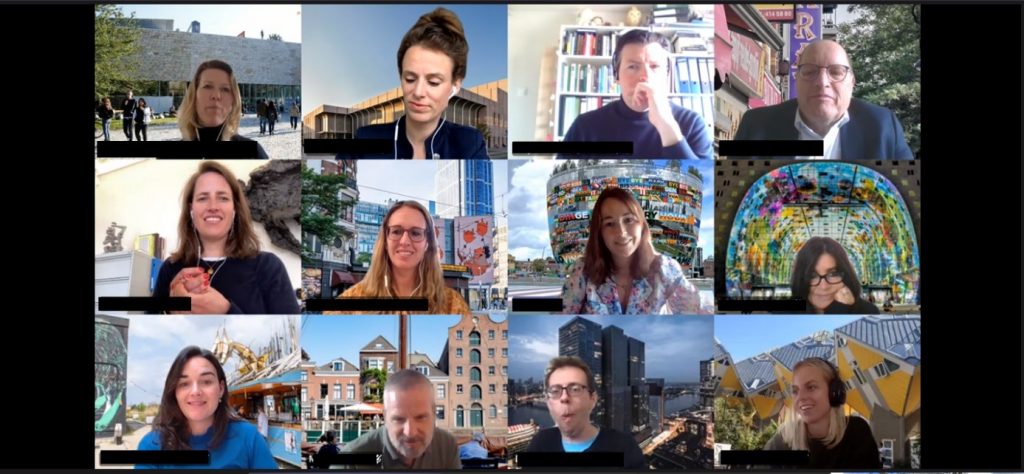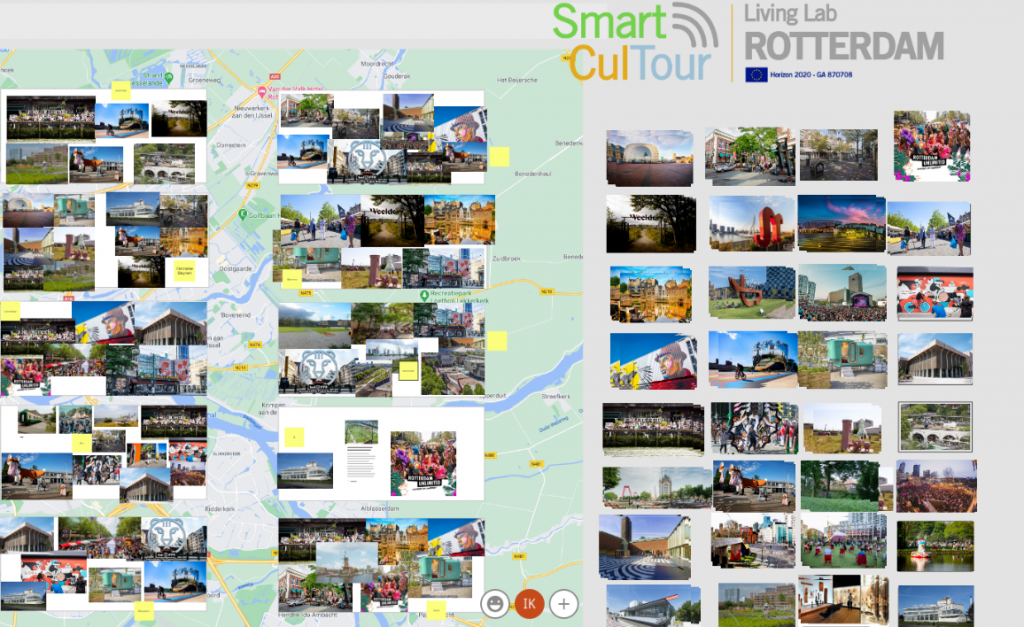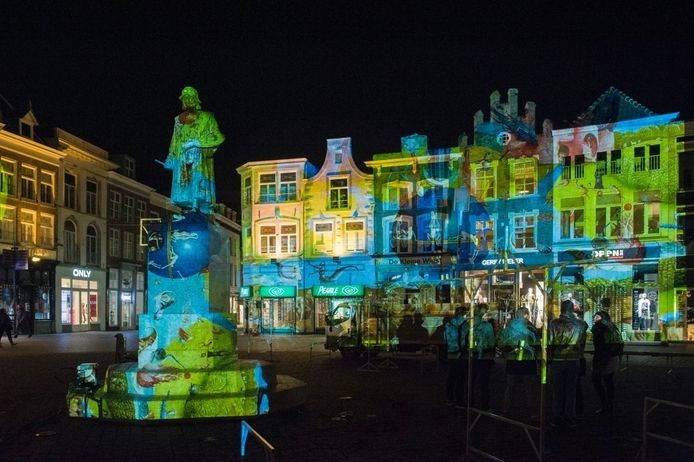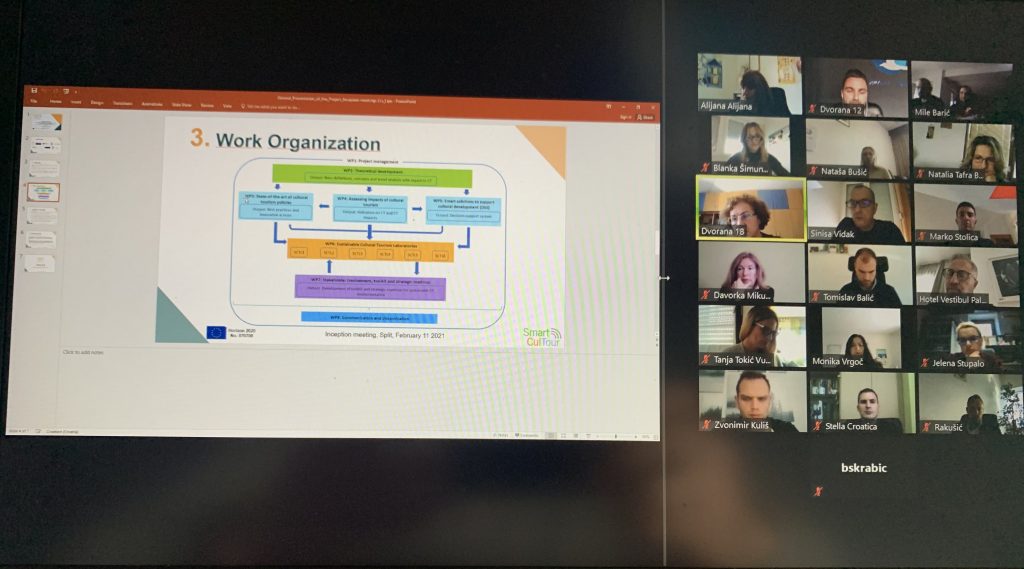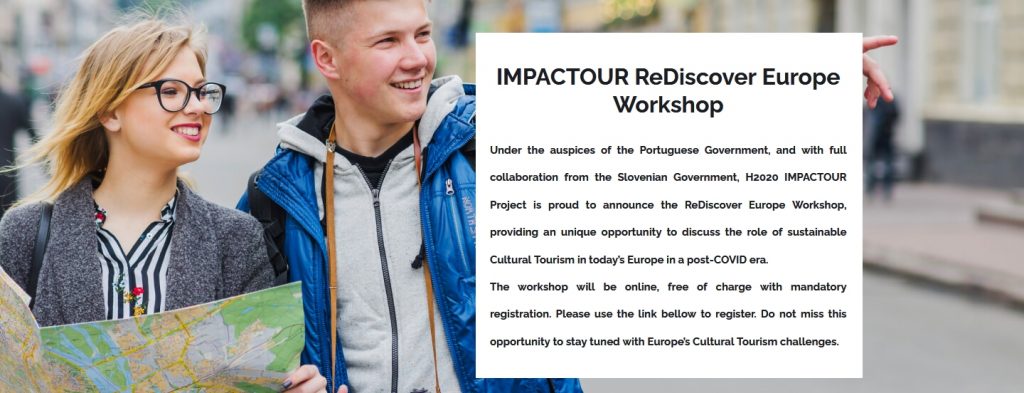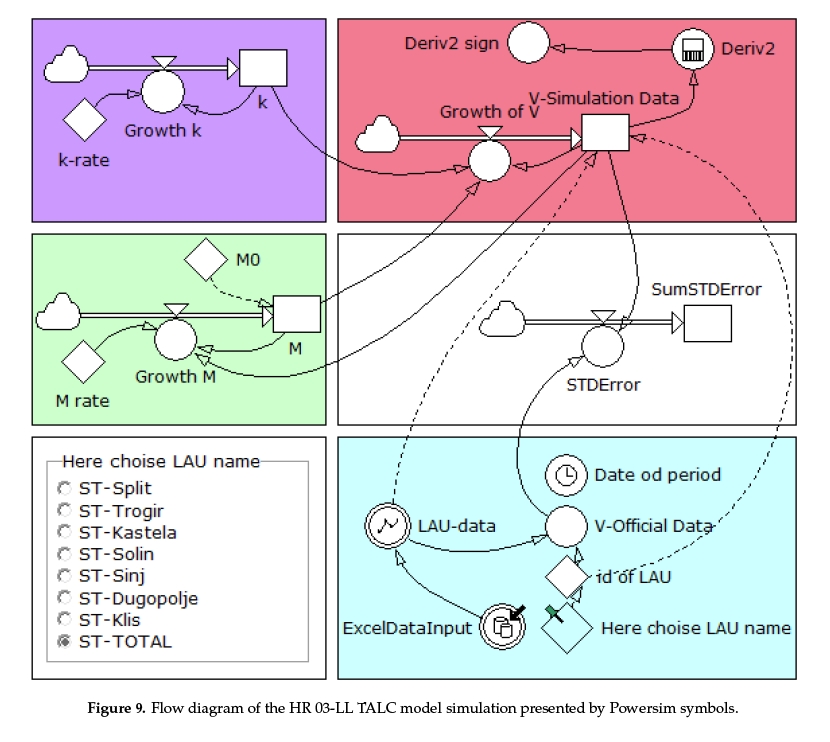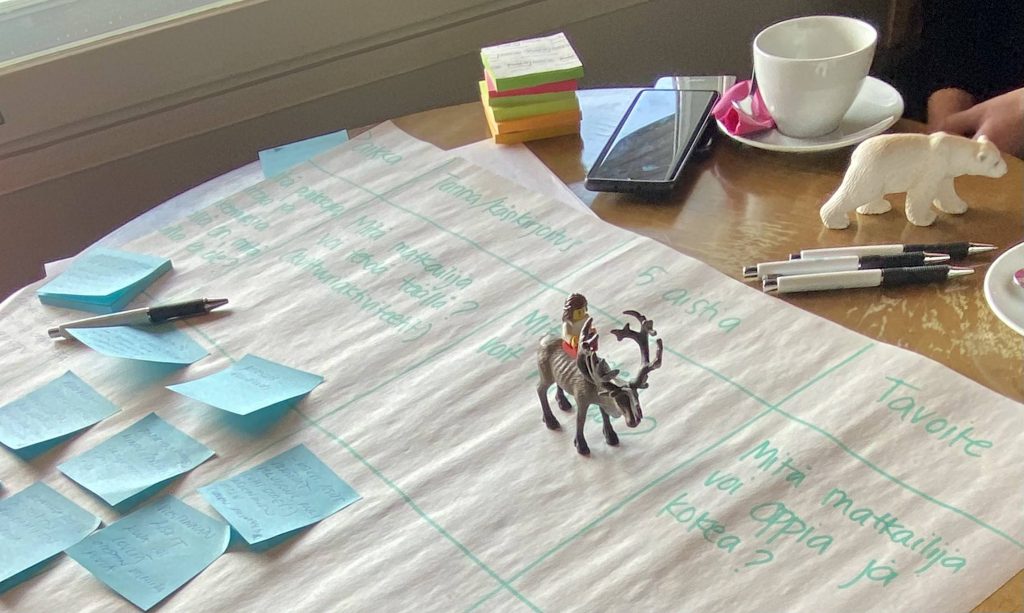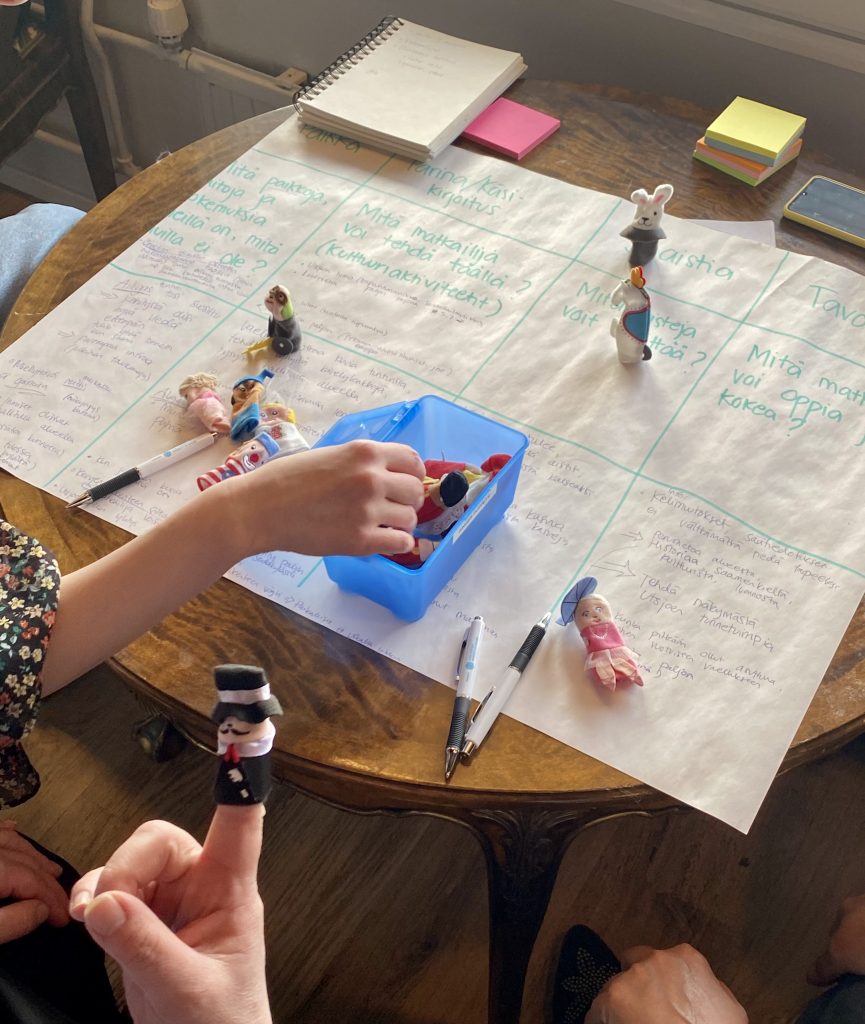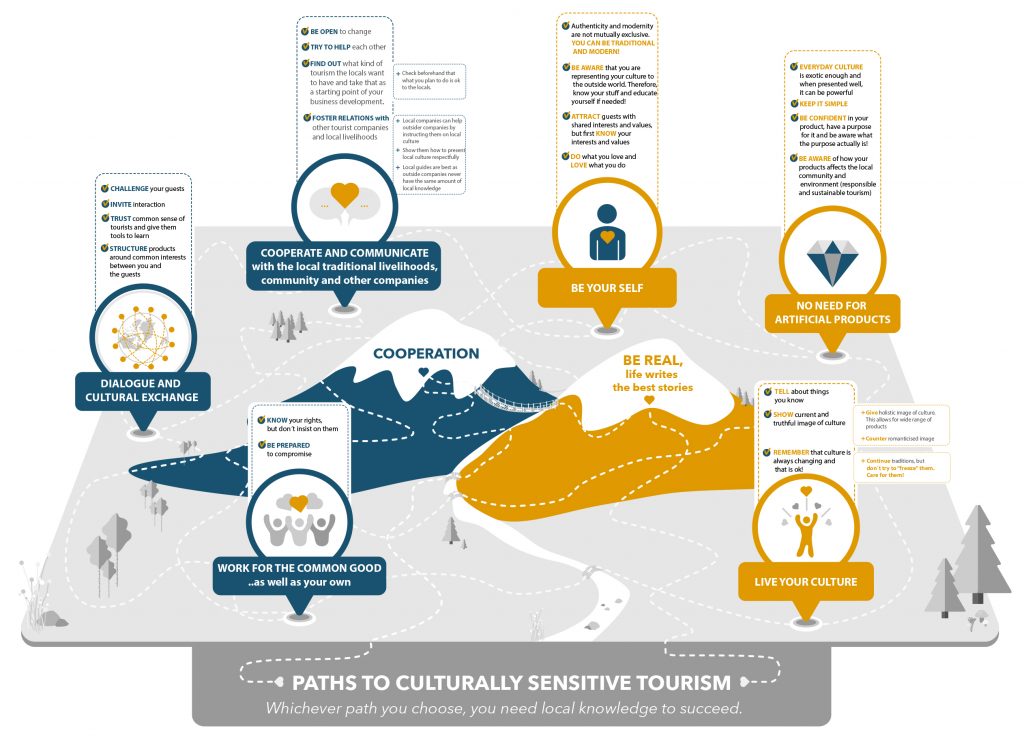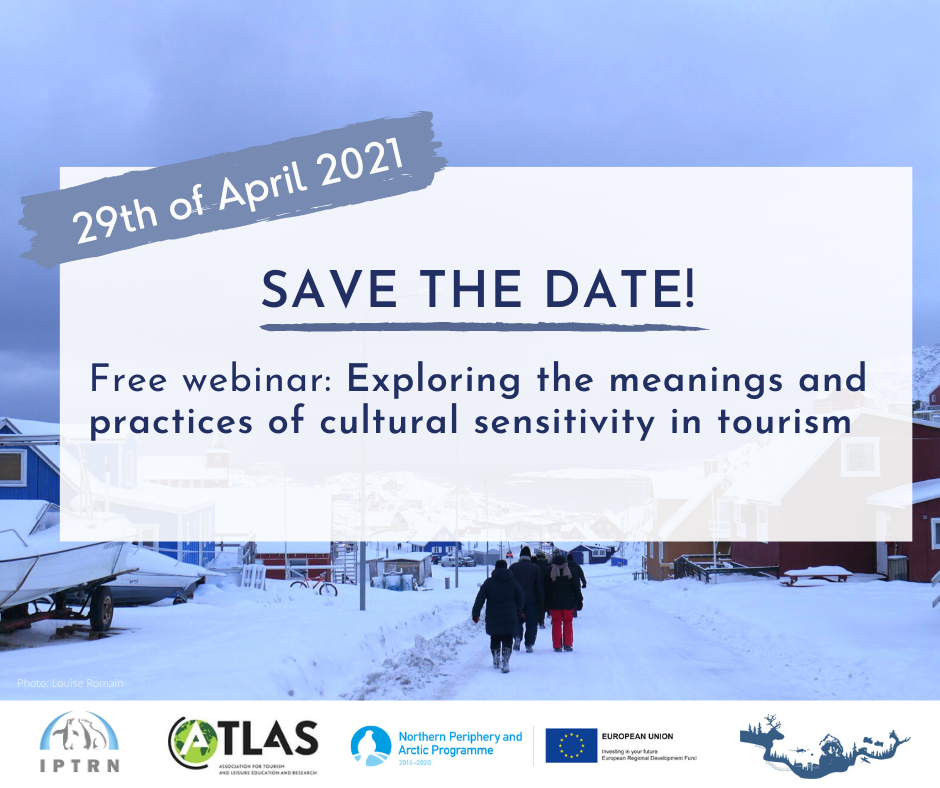Culture: A year into Covid-19
At the outset of the pandemic, UNESCO took decisive steps to combat the impact on the culture sector through strengthening global policy dialogue and promoting the continued access to culture. In April last year, when UNESCO convened 130 ministers of culture in an online meeting to discuss the pandemic’s impact on the sector, it activated and laid down the foundations for an ongoing global policy dialogue with its Member States to carry forward consolidated action in ensuring the sector is supported in crisis response strategies.
Monitoring the impact of the pandemic has been essential to gauge the needs and gaps, and help Member States in shaping appropriate policies. This is also why UNESCO mobilized a broad network of actors within the scope of its work in culture to better understand the situation in order to develop adequate responses. UNESCO launched a wide range of monitoring tools to guide policymakers and practitioners in the various dimensions of cultural policies.
This month special issue of the UNESCO Culture & Public Policy Tracker titled «Culture: A year into Covid-19» was initially published last April as a weekly global policy monitor and later consolidated into a monthly format beginning in September 2020. The past year has seen each of UNESCO’s Culture Conventions and programmes develop unique monitoring mechanisms to track the impact of the pandemic, ranging from monitoring World Heritage site closures, to carrying out surveys amongst Member States, site managers, living heritage bearers, and local authorities, among others.
The monthly Tracker is produced by UNESCO to monitor culture in public policy with regards to the UN Sustainable Development Agenda. It highlights developments within national and regional contexts, as well as emerging debates on culture’s contribution to sustainable development. Drawing on a variety of sources, it provides a broad overview of cultural policy trends worldwide at the national, regional and international level and looks at ways in which countries integrate culture into other policy areas.
You can read the details and download the special issue here: https://en.unesco.org/news/tracker-culture-public-policy-special-issue


